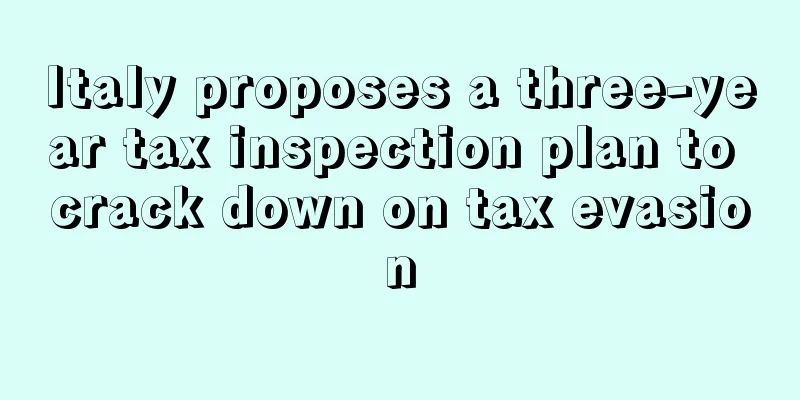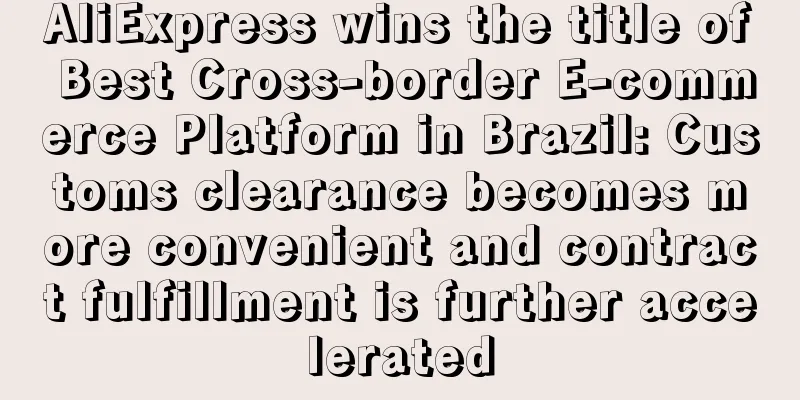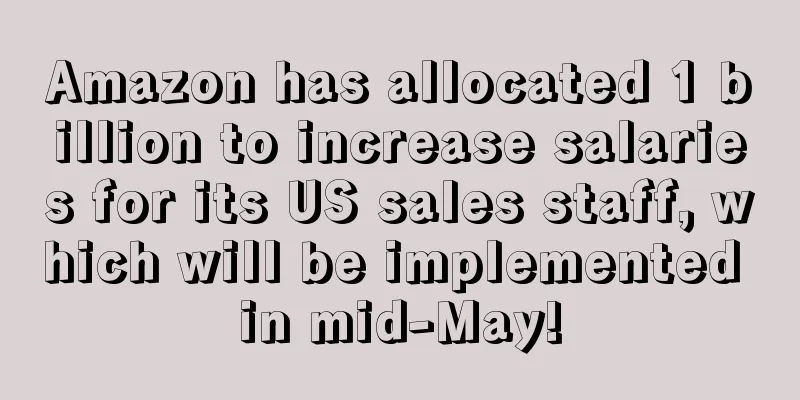Italy proposes a three-year tax inspection plan to crack down on tax evasion

|
Recently, the Italian Tax Administration has formulated a three-year tax inspection plan to conduct tax inspections on small businesses, professionals and self-employed persons, and to carry out large-scale tax audits from 2021 to 2023.
It is reported that this tax inspection will strengthen tax inspections on small businesses, professionals and self-employed persons, especially those with low scores in the comprehensive tax reliability index. According to the Italian tax authorities' plan, the authorities expect to recover about 14 billion euros in taxes in 2021, 15.36 billion euros in taxes in 2022, and 15.32 billion euros in taxes in 2023. Therefore, from now on, the tax authorities will be more intensive and targeted, and will conduct audits and inspections on taxpayers with high risks of tax evasion.
The Italian tax authorities said that in the process of combating tax evasion, they will use more perfect methods to process the data information in the big database and will continuously update the inspection mechanism. The first inspection method adopted by the tax authorities is to review and compare the contents of the tax return with the contents registered by the financial institutions and the taxpayers' bank statements.
In fact, in recent years, Italy's VAT evasion has been a "hard-hit area" in the European Union . According to preliminary statistics from the Italian tax department, the total amount of tax evasion in Italy is at least 130 billion euros, accounting for 8% of the country's GDP and 16% of all taxes payable.
To this end, Italy has introduced a number of policies to combat VAT fraud, requiring major e-commerce platforms to provide the Italian tax authorities with information on sellers who sell goods to Italy through their platforms. The information includes: company name, address, email address, list of total quantity of goods sold in Italy, total sales or average selling price.
Regarding VAT compliance in Italy, sellers must first understand whether they are subject to VAT payment obligations. Generally, sellers who meet one of the following conditions are required to fulfill VAT payment obligations:
1. Import goods from non-EU countries to Italy;
2. Use local warehouses in Italy (including third-party self-built warehouses) to sell or transship goods across borders;
3. B2C sales of goods from other EU countries to Italy that exceed the Italian distance sales limit. Overseas warehouse E-commerce platform Cross-border e-commerce market |
<<: With a valuation of $39 billion, Instacart is growing strongly in the United States
>>: German electronics retailer MediaMarkt expands into Türkiye as online sales grow 400%
Recommend
Online sales increased by 98%, and the US apparel category continued to rebound
Women's clothing online sales increased by 98...
During inflation, low-price retailers attract more buyers
U.S. consumer confidence fell more than expected ...
TikTok UK’s e-commerce function is open to Chinese sellers. Is this an opportunity or a challenge?
For Amazon sellers, the situation this year is tu...
Fees on many platforms have been raised, putting more pressure on sellers
This year, major platforms have adjusted their fe...
Attention sellers! Grasp the new trend of summer consumption in the United States
According to eBay’s search rankings, fashion vide...
What is AMZCB? AMZCB Review, Features
AMZCB is a powerful refund appeal tool for Amazon ...
What is AMZSharp? AMZSharp Review, Features
AMZSharp is a comprehensive seller tool platform t...
What is Jinghuada Logistics? Jinghuada Logistics Review, Features
Jinghuada Logistics (Shenzhen Jinghuada Logistics ...
Search volume soared 28236%, Etsy home products ushered in a big boom
The 2020 epidemic has prompted more consumers to ...
The next blue ocean: BigCommerce and Mercado Libre’s partnership drives independent site sellers into the Latin American market
Mercado Libre 's first collaboration with ind...
What is Honeycomb Cross-border (Honeycomb E-commerce)? Honeycomb Cross-border (Honeycomb E-commerce) Review, Features
Hive Cross-border is a one-stop cross-border e-com...
What is BigBasket & BigBasket Review
BigBasket is India's largest grocery e-commer...
What is Texun Cross-border E-commerce Finance and Taxation Expert? Texun Cross-border E-commerce Finance and Taxation Expert Review, Features
TeXun Cross-border E-commerce Finance and Taxation...
What is Gust Pay? Gust Pay Review, Features
Gust Pay is a Stellenbosch-based app that facilit...
What is Seller's Suite? Seller's Suite Review, Features
Seller's Suite Amazon seller training, from a...









